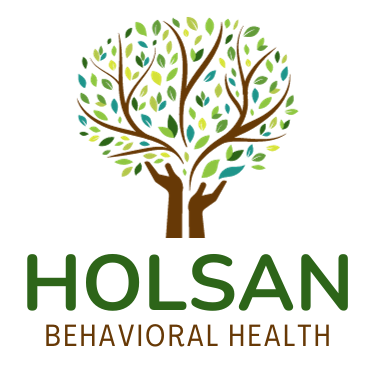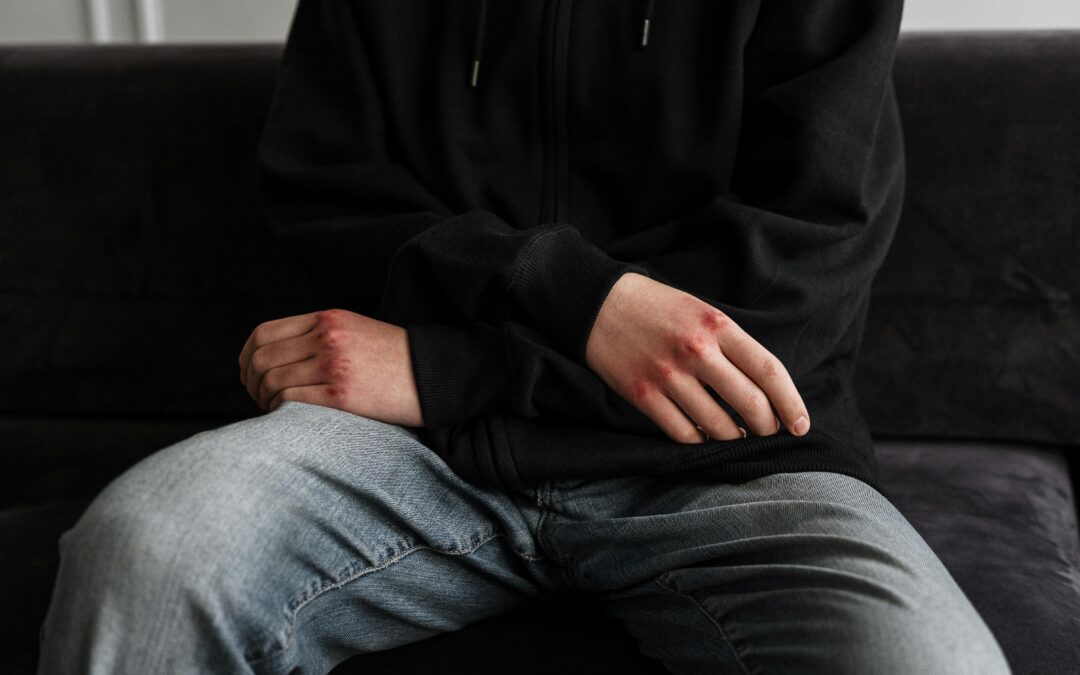Self-harm is one of the most complex and often misunderstood issues that affects millions of people worldwide. As we observe Self-Injury Awareness Day on March 1, it’s important to shed light on what self-harm is, why individuals engage in it, and how we can offer support to those in need.
What Is Self-Harm?
Self-harm, also known as non-suicidal self-injury (NSSI), refers to deliberate actions that cause harm to one’s body without the intent to die. This behavior is often a way for individuals to cope with emotional distress, overwhelming feelings, or past trauma. While it may provide temporary relief, it does not address the underlying issues and can lead to further emotional and physical complications.
To learn more about the psychological reasons behind this behavior, visit Mind UK.
Signs That Someone May Be Engaging in Self-Harm
Recognizing the signs can be crucial in providing timely support. Some common indicators include:
- Unexplained cuts, bruises, burns, or scars
- Wearing long sleeves or pants, even in warm weather
- Isolation and withdrawal from friends or family
- Frequent reports of accidents or clumsiness
- Emotional distress, mood swings, or low self-esteem
If you suspect someone is self-harming, approach them with compassion and avoid judgment. A supportive conversation can make a difference.
Why Do People Engage in Self-Harm?
There are several reasons why individuals may turn to self-injury, including:
- Emotional Regulation: To relieve overwhelming feelings such as sadness, anger, or frustration.
- A Sense of Control: Some people use self-harm to regain a feeling of control over their emotions or environment.
- Self-Punishment: Feelings of guilt or self-hatred can lead individuals to hurt themselves as a form of perceived punishment.
- Expression of Pain: For those who struggle to communicate their emotions, self-harm may serve as a way to externalize internal pain.
For a deeper understanding of self-harm and mental health, visit the National Alliance on Mental Illness (NAMI).
Prevention and Support Strategies
If you or someone you know is struggling with self-harm, there are ways to break the cycle and find healthier coping mechanisms.
1. Identify Triggers and Develop Coping Strategies
Understanding what triggers self-harming behaviors is essential. Alternative coping strategies include:
- Practicing mindfulness or meditation
- Engaging in physical activities such as yoga or exercise
- Using creative outlets like journaling or painting
2. Seek Professional Help
Therapists and counselors trained in Cognitive Behavioral Therapy (CBT) and Dialectical Behavior Therapy (DBT) can help individuals develop healthier coping mechanisms. Learn more about therapy options here.
3. Consider Medication as Part of Treatment
For some individuals, medication can play a crucial role in addressing underlying mental health conditions that contribute to self-harming behaviors. Antidepressants, mood stabilizers, or anti-anxiety medications may be prescribed to help regulate emotions and reduce distressing thoughts. Medication should always be taken under the guidance of a mental health professional to ensure it complements therapy and other support strategies effectively.
4. Build a Support System
Having a strong support network can significantly reduce feelings of isolation. Encourage open conversations with trusted friends, family members, or support groups.
Holsan Behavioral Health’s Commitment to Prevention
At Holsan Behavioral Health, we are committed to preventing self-harm and addressing the underlying conditions that contribute to it. Through comprehensive treatment plans, including therapy and medication management, we help individuals manage symptoms such as intrusive thoughts, severe anxiety, emotional dysregulation, depression, and impulsivity—factors commonly linked to self-injury. Our team provides compassionate care to support long-term recovery and prevent further risks associated with self-harm.
Final Thoughts
Self-harm is a serious issue, but with awareness, understanding, and the right support, recovery is possible. If you or someone you love is struggling, don’t hesitate to seek professional help. If you or someone you know is in immediate danger, call 911 or go to the nearest emergency room. At Holsan Behavioral Health, we are here to provide compassionate, expert care. Schedule an appointment today and take the first step toward healing.
Further Reading: Mental Health and Relationships
Self-harm often stems from emotional distress, including struggles within relationships. If you’re interested in understanding how relationships impact mental health, check out our blog on Teen Dating Violence Awareness and Prevention here.

